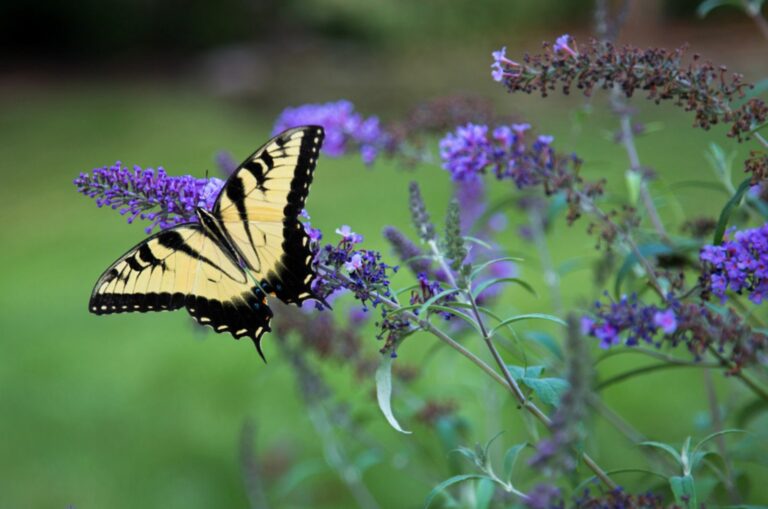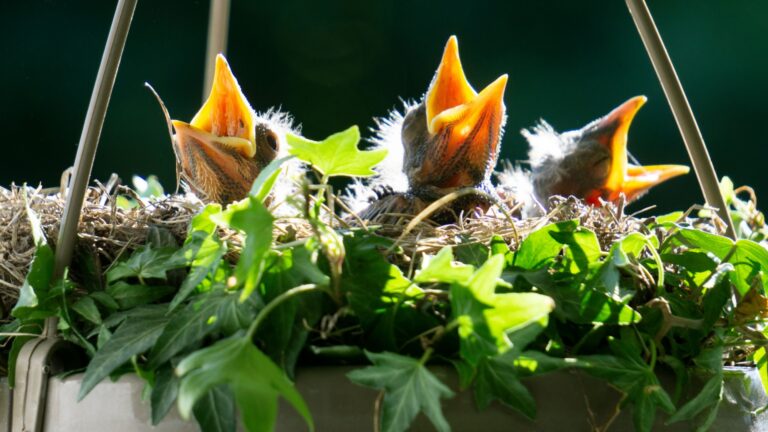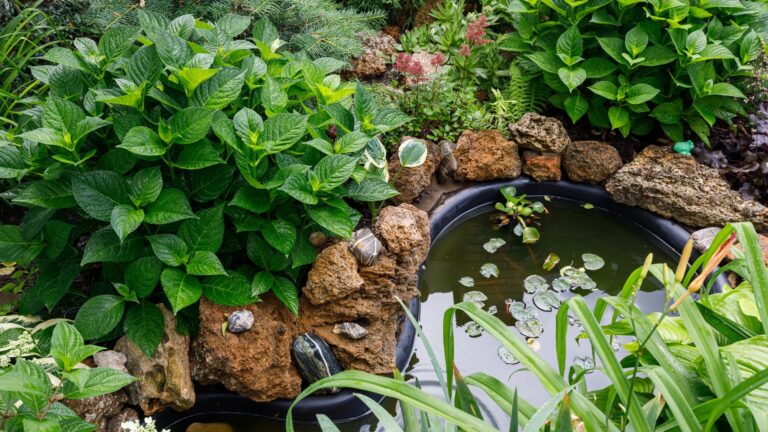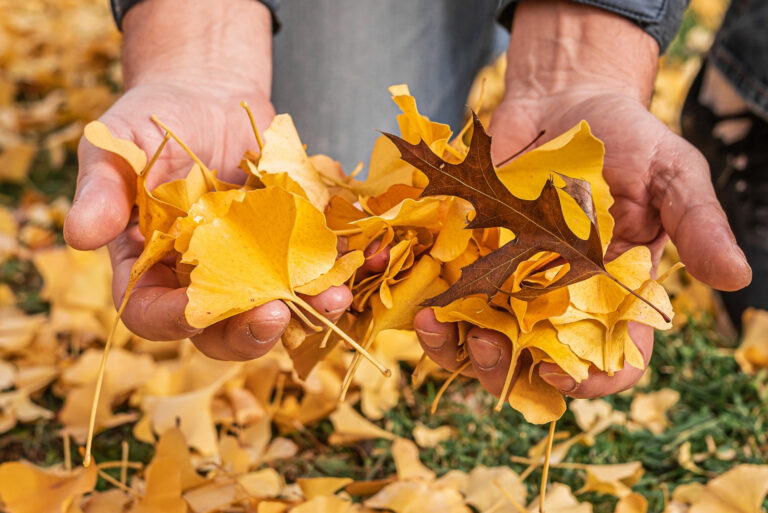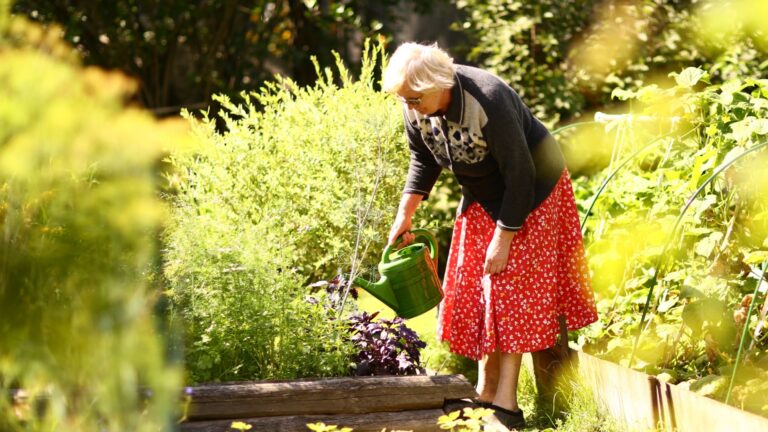Vermont-Inspired Ideas For Tranquil Backyard Practices
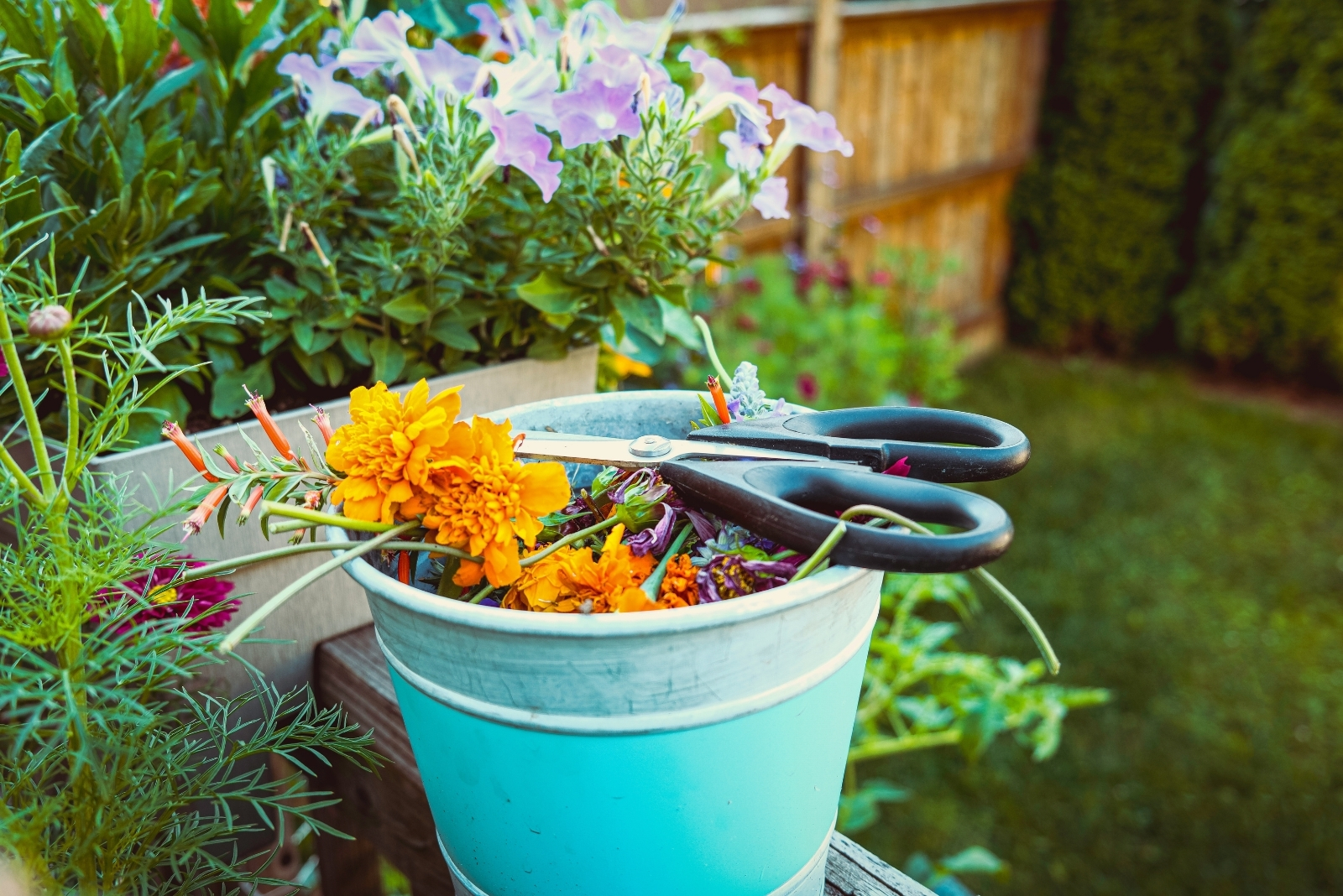
Vermont gardens have a way of feeling peaceful and grounded, and you can bring a bit of that calm into your own backyard. I’ve always loved slowing down with simple tasks like sifting soil or tending to flowers—it’s surprisingly soothing.
These small, mindful practices help your garden thrive while giving you a quiet moment to breathe. From gentle pruning to arranging plants for a serene vibe, there are plenty of ways to create a relaxing space.
Let’s explore some Vermont-inspired ideas to make backyard time feel calm and restorative.
1. Morning Dew Watering
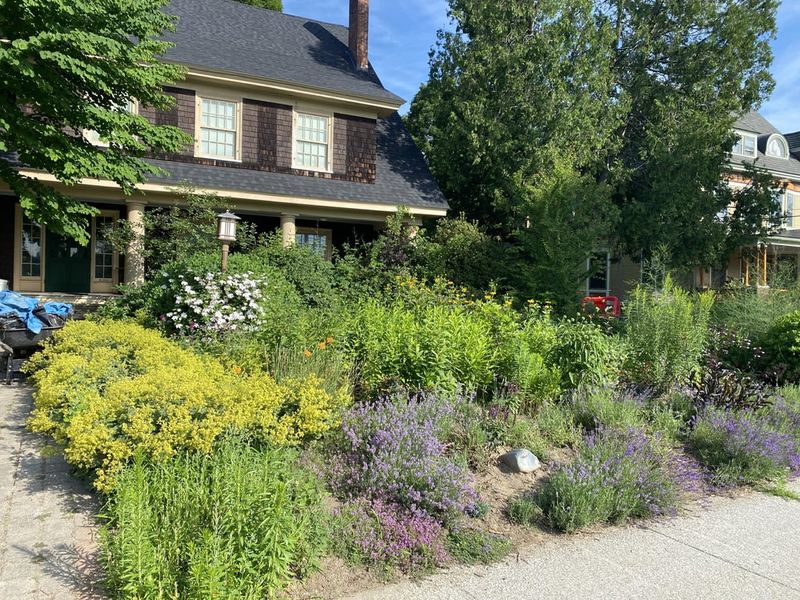
The gentle morning light across Vermont gardens makes early watering a meditative practice. Moving slowly with your watering can, feeling its weight shift as plants drink deeply, creates a peaceful rhythm.
Your breath naturally syncs with each pour, activating the parasympathetic nervous system. Many Vermont gardeners find this quiet morning ritual grounds them for the day ahead.
2. Mindful Deadheading
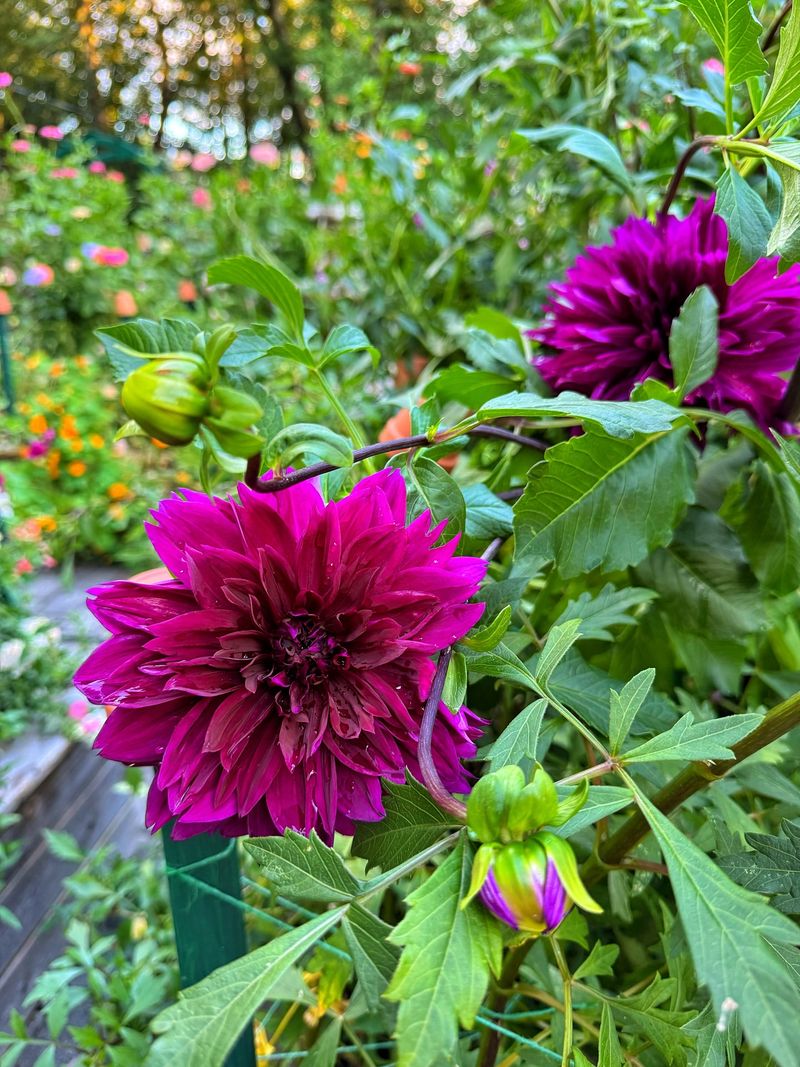
Snipping spent blooms requires focused attention that naturally pulls you into the present moment. Each careful cut creates space for new growth while your mind settles into a peaceful rhythm.
Vermont gardeners often report losing track of time during this satisfying task. The repetitive nature of deadheading flowers has effects similar to meditation, lowering cortisol levels and easing anxiety.
3. Barefoot Soil Connection
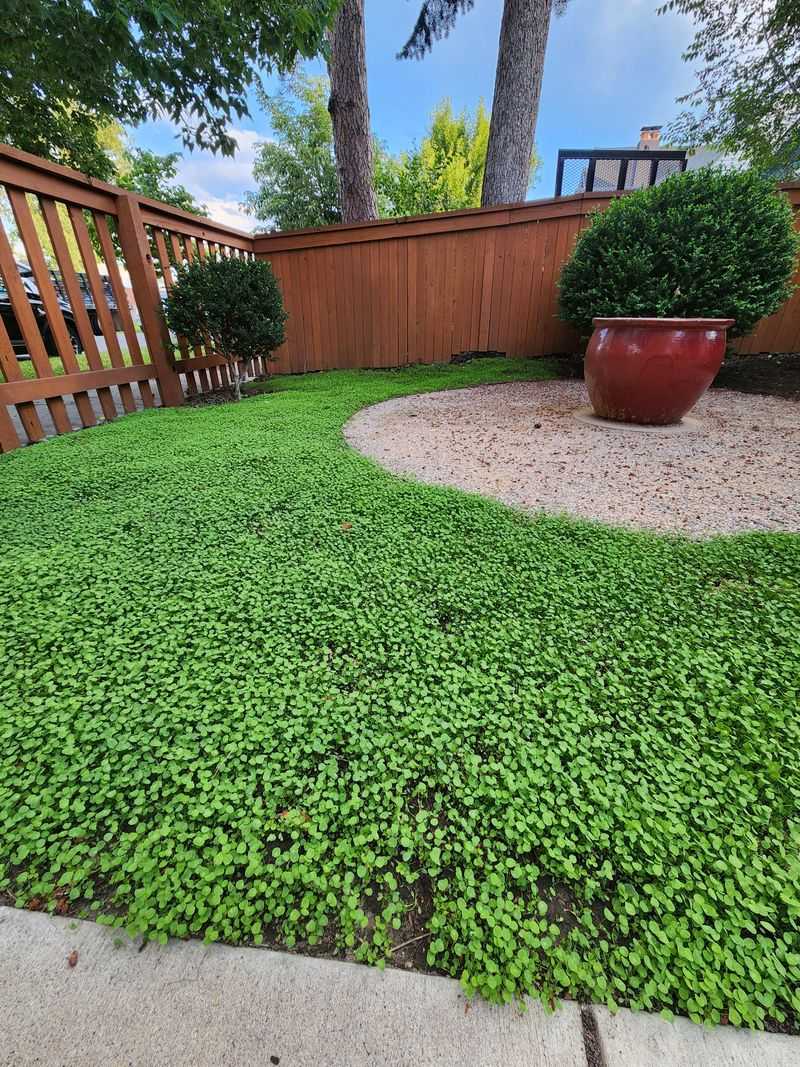
Removing your shoes to feel Vermont’s rich soil between your toes creates an instant grounding effect. This direct earth connection triggers the release of endorphins while simultaneously drawing you fully into your body.
The practice, sometimes called ‘earthing,’ has scientific backing for reducing inflammation. Many Vermont gardeners incorporate this simple practice when working in beds that don’t require heavy footwear.
4. Rhythmic Soil Sifting
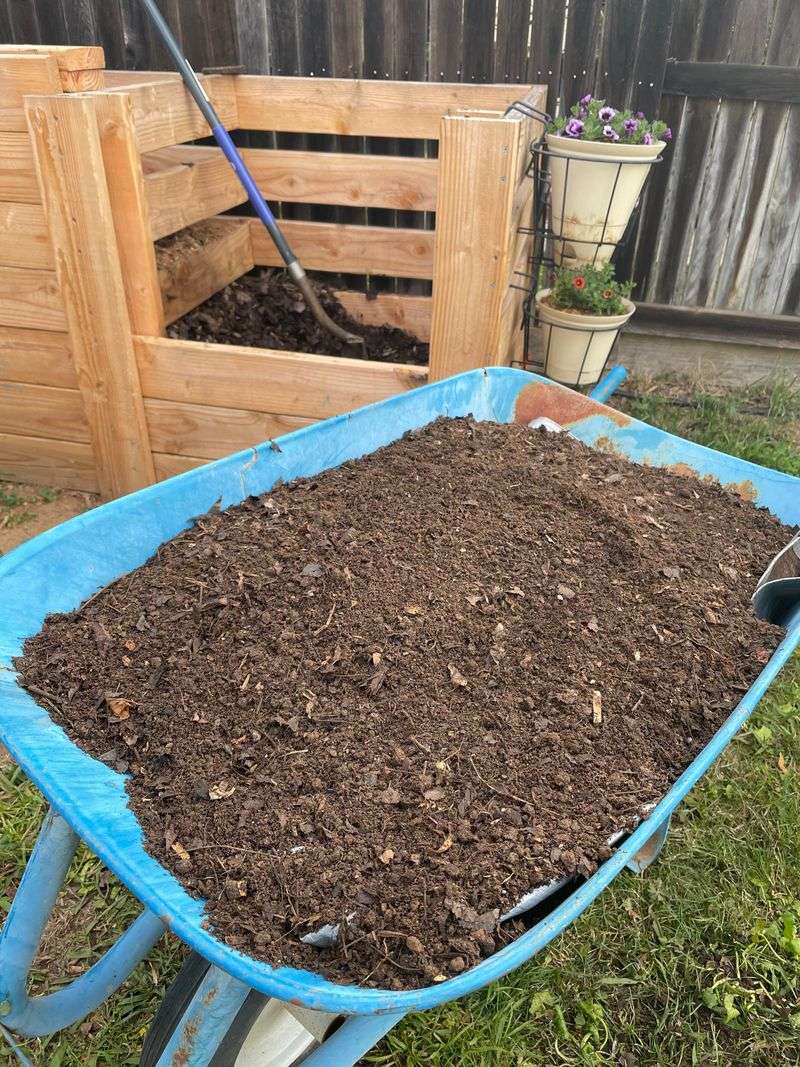
The repetitive motion of sifting compost through a screen creates a natural flow state. Your hands work methodically while your mind quiets, similar to the calming effects of knitting or gentle rocking.
Vermont’s composting culture embraces this meditative practice. The transformation of rough materials into fine, rich soil offers a tangible metaphor for how patience creates beauty in both gardens and ourselves.
5. Sensory Herb Harvesting
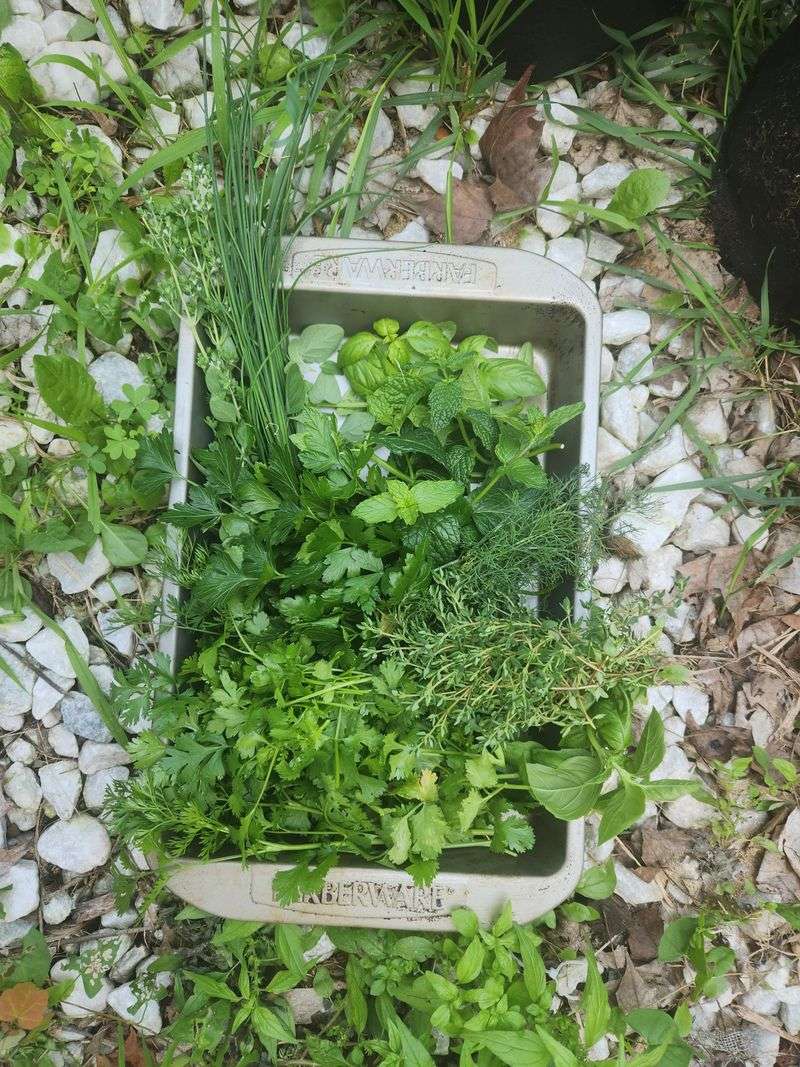
Gathering herbs engages all your senses – the sharp scent of mint, the fuzzy texture of sage leaves, the gentle snipping sound of scissors. This sensory immersion naturally pulls your attention to the present moment.
Vermont’s diverse herb gardens thrive in the summer months. Taking time to appreciate each plant’s unique properties while harvesting creates a deeply satisfying connection that soothes an overactive mind.
6. Slow Stone Stacking

Balancing stones from your Vermont property requires complete focus and gentle touch. Each careful placement becomes a mindfulness exercise as you feel the weight and shape of each rock, seeking its perfect position.
Creating these temporary sculptures throughout your garden offers beautiful focal points. The process demands present-moment awareness, making it impossible to worry about yesterday or tomorrow while engaged in this peaceful practice.
7. Intentional Weeding Sessions

Approaching weeding with curiosity rather than frustration transforms this necessary task. Feeling the satisfaction as roots release from Vermont’s clay-rich soil creates a sense of accomplishment with each small victory.
Setting a timer for just 15 minutes prevents overwhelm and keeps the practice enjoyable. Many Vermont gardeners report that mindful weeding sessions become surprisingly therapeutic, offering time to process thoughts while hands stay busy.
8. Butterfly Bench Sitting

Creating dedicated time to simply observe your garden from a comfortable bench cultivates patience and appreciation. Watching pollinators move through Vermont gardens connects you to the wider ecosystem while naturally slowing your breathing.
Many Vermont gardeners keep observation journals nearby to record butterfly sightings. This quiet practice of witnessing without intervening offers a powerful counterbalance to our action-oriented daily lives.
9. Rhythmic Rake Meditation

The back-and-forth motion of raking leaves or mulch creates a natural meditation. The repetitive sound and movement naturally regulate your breathing while creating order from chaos.
Vermont’s seasonal leaf fall provides ample opportunity for this practice. Many gardeners find that the rhythmic nature of raking allows their minds to process challenging thoughts while their bodies engage in satisfying physical work.
10. Moonlight Garden Wandering

Exploring your garden by moonlight awakens different senses as familiar spaces transform. Vermont’s clear night skies illuminate white flowers and silver-leaved plants that seem to glow, creating a magical experience.
This quiet nighttime ritual helps transition from day to evening. Many Vermont gardeners report better sleep after these peaceful moonlit wanderings, as the practice naturally signals to the nervous system that it’s time to rest.
11. Seasonal Ceremony Creation

Marking garden transitions with small personal ceremonies honors nature’s cycles. Vermont’s distinct seasons provide clear moments to pause and acknowledge change through simple rituals like planting the first seed or harvesting the last tomato.
These mindful ceremonies create meaningful punctuation in our busy lives. Many Vermont gardeners find that creating these personal traditions deepens their connection to both their land and the passing of time.

